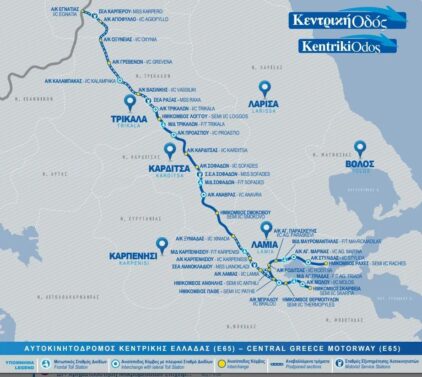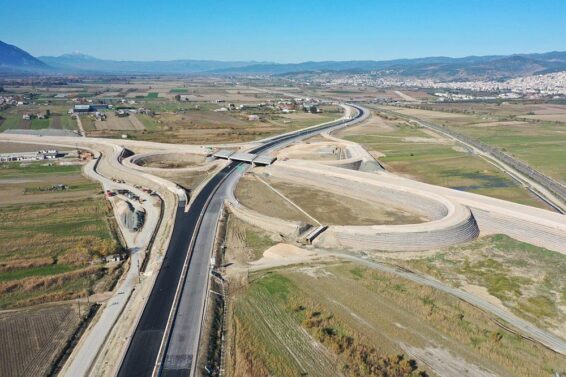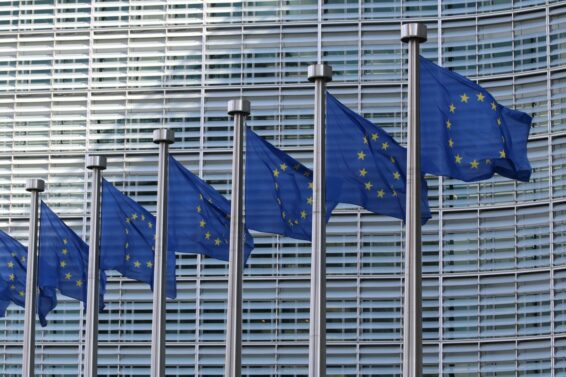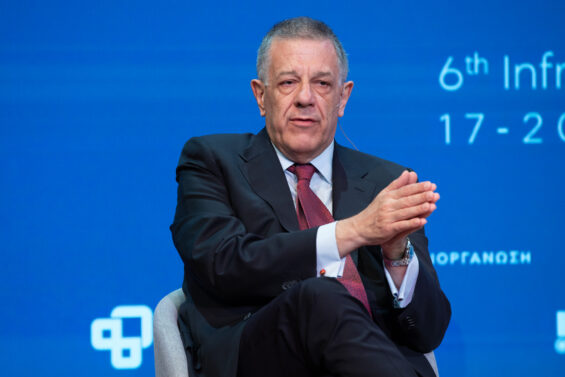By building trust and consensus between the Member States on energy and climate matters, the governance will set the best way to achieve the energy transition and the modernisation of the EU economy and industry.
The governance of the Energy Union will be instrumental to enable the political process required to deliver what 73% of EU citizens want: a common energy policy for all EU Member States.
Today’s deal means that four out of the eight legislative proposals in the 2016 Clean Energy for All Europeans package have been agreed by the co-legislators, after yesterday’s agreement on Energy Efficiency (see STATEMEMT/18/3997) and the agreements on 14 June and 14 May on the revised Renewable Energy Directive and the Energy Performance in Buildings Directive respectively.
These four pieces of legislation complement the revision of the Emissions Trading System, the Effort Sharing Regulation and the Land Use Change and Forestry Regulation that were also adopted earlier this year. Thus, progress and momentum towards completing the Energy Union and combatting climate change are well under way. The Juncker Commission, working under its political priority “a resilient Energy Union and a forward-looking climate change policy”, is delivering.
This regulation will ensure that the objectives of the Energy Union, especially the EU’s 2030 energy and climate targets – reduction of 40% of greenhouse gas emissions, a minimum of 32 % renewables in the EU energy mix and the 32.5 % goal of energy efficiency savings – are achieved by setting out a political process defining how EU countries and the Commission work together, and how individual countries should cooperate, to achieve the Energy Union’s goals.
This will be done by making sure that national objectives and policies are coherent with EU goals, while at the same time allowing individual countries flexibility to adapt to national conditions and needs. The regulation will equally promote long-term certainty and predictability for investors. The new rules stress the importance of regional cooperation in the development and implementation of energy and climate policies.
EU countries are also called on to encourage their citizens to participate in the preparation of the plans. This will ensure that the views of citizens and businesses as well as regional and local authorities are heard.
This will set a new relationship between European citizens and decision makers so that the governance and its national energy and climate plans all Member States of the EU to build further consensus on the best way to achieve the energy transition and move from a situation of decision by a few to a situation of action by all. This will contribute to have all Member States making the best and most cost-efficient choices and the right investments so that their energy decisions climate-consistent and avoid costly lock-ins.
Commission Vice-President for the Energy Union Maroš Šefčovič said:
“With this ambitious agreement on the Energy Union’s governance, we put in place its cornerstone. It will enhance transparency for the benefit of all actors and investors, in particular. It will simplify monitoring and reporting of obligations under the Energy Union, prioritizing quality over quantity. And it will help us deliver on promises in the field of energy, climate and beyond.
Now I am looking forward to the Member States’ draft energy and climate plans by the end of this year, as they send a strong signal to investors who need clarity and predictability. The Energy Union is on track, going from strength to strength.”
Commissioner for Climate Action and Energy Miguel Arias Cañete said:
“After agreeing on renewable energy last week, and on energy efficiency yesterday, today’s deal is another major delivery in our transition to clean energy. For the first time we will have an Energy Union Governance, fixed in the European Union rule book, encompassing all sectors of the energy policy and integrating climate policy in line with the Paris Agreement.
When finalised by the Member States in their national plans, this will translate into the right investments to modernise the EU economy and energy systems, creating new jobs, lower energy bills for Europeans and reduce costly energy imports to the EU.
One thing is certain, with the Energy Union governance we have the necessary stepping stone for the preparation of Long-Term Strategy to reduce the emissions of greenhouse gases that are warming up the planet and changing the climate.”
Main achievements:
– Calls for each Member State to prepare a national energy and climate plan for the period 2021 to 2030, covering all the five dimension of the Energy Union and taking into account the longer-term perspective. These national plans would be comparable throughout the EU. Assessments of the draft plans, and recommendations by the Commission, will result in final plans that ensure that the 2030 climate and energy targets will be reached in a coherent, collaborative and least-cost way across the EU.
– Aligns the frequency and timing of reporting obligations across the five dimensions of the Energy Union and with the Paris Climate Agreement, significantly enhancing transparency and delivering a reduction of the administrative burden for the Member States, the Commission and other EU Institutions.
– Ensures that EU and Member States can work together towards further enhancing the ambition set up in the Paris Climate agreement and strengthens regional cooperation across the Energy Union dimensions.
– Introduces the necessary flexibility for Member States to reflect national specificities and fully respects their freedom to determine their energy mix.
– Ensures the follow-up of the progress made at Member State level to the collective achievement of the binding EU renewables target, the EU energy efficiency target and the 15% interconnection target.
– Introduces a robust mechanism to ensure the collective attainment of the EU renewable and energy efficiency targets.
– Establishes a clear and transparent regulatory framework for the dialogue with civil society in Energy Union matters and enhances regional cooperation.
ΜΗΝ ΞΕΧΑΣΕΤΕ
- Ακολουθήστε το ypodomes.com στο Google News και μάθετε πρώτοι όλες τις ειδήσεις για τις υποδομές στην Ελλάδα
- Αν είστε επαγγελματίας του κλάδου, ακολουθήστε μας στο LinkedIn
- Εγγραφείτε στο Ypodomes Web TV























